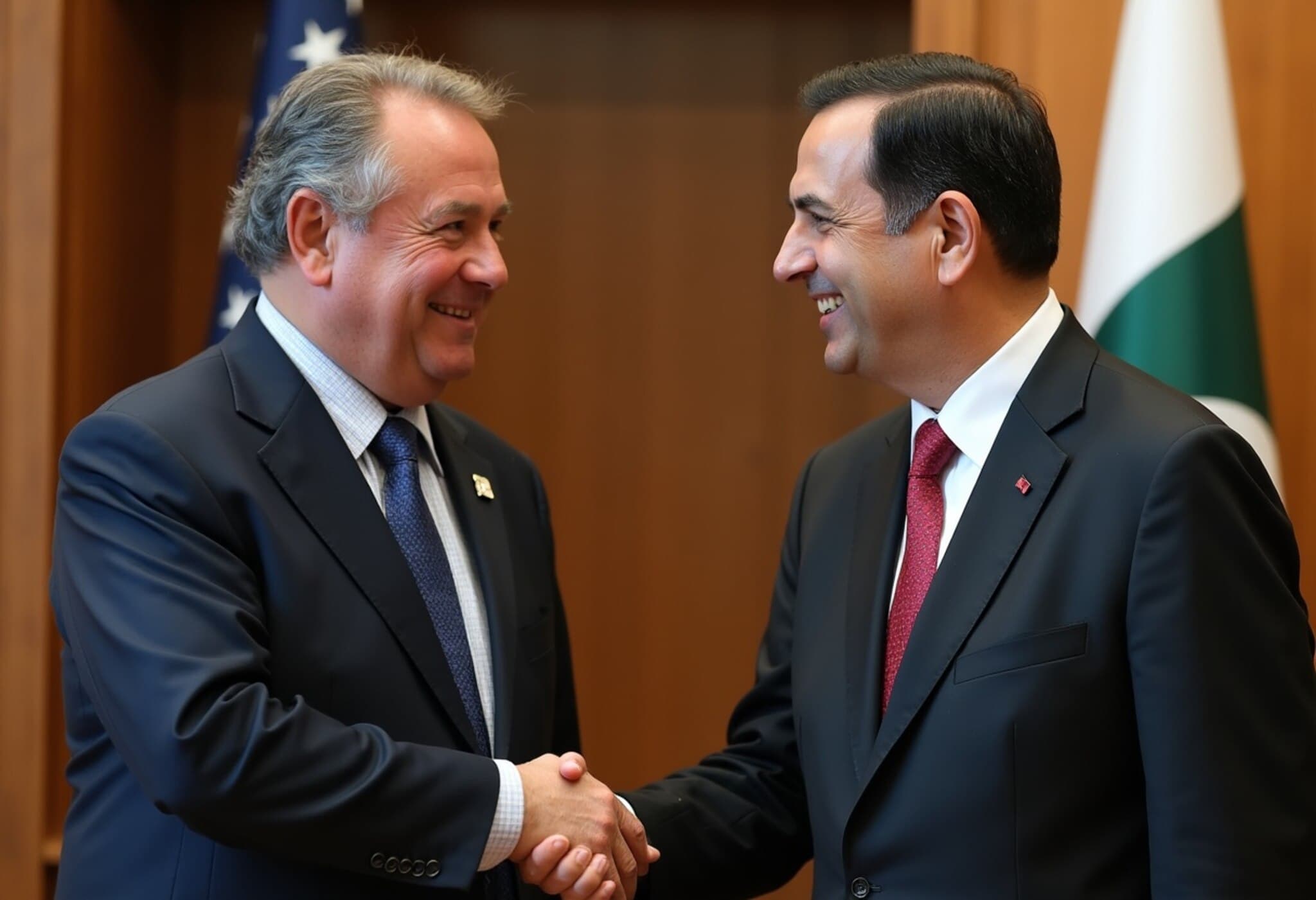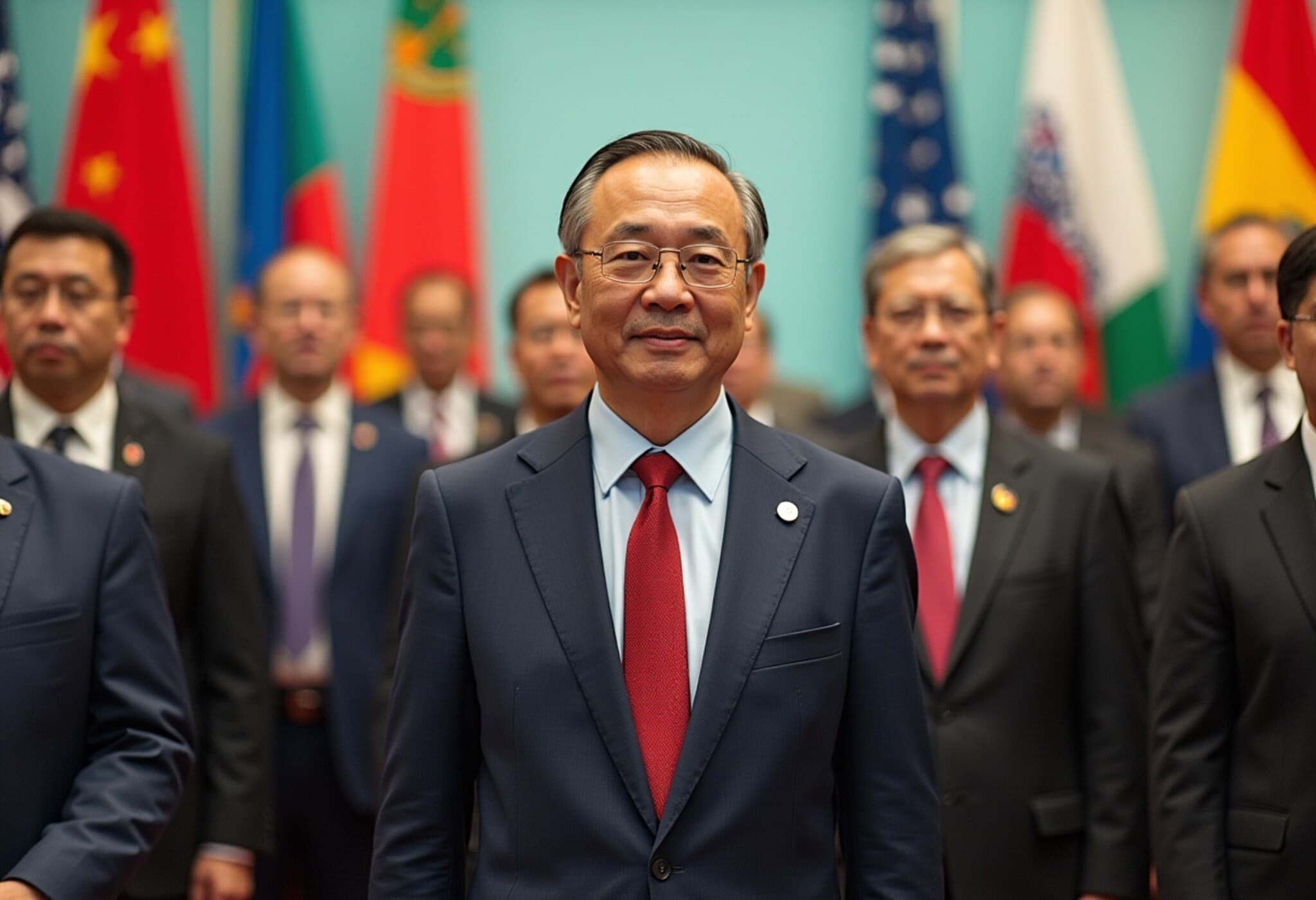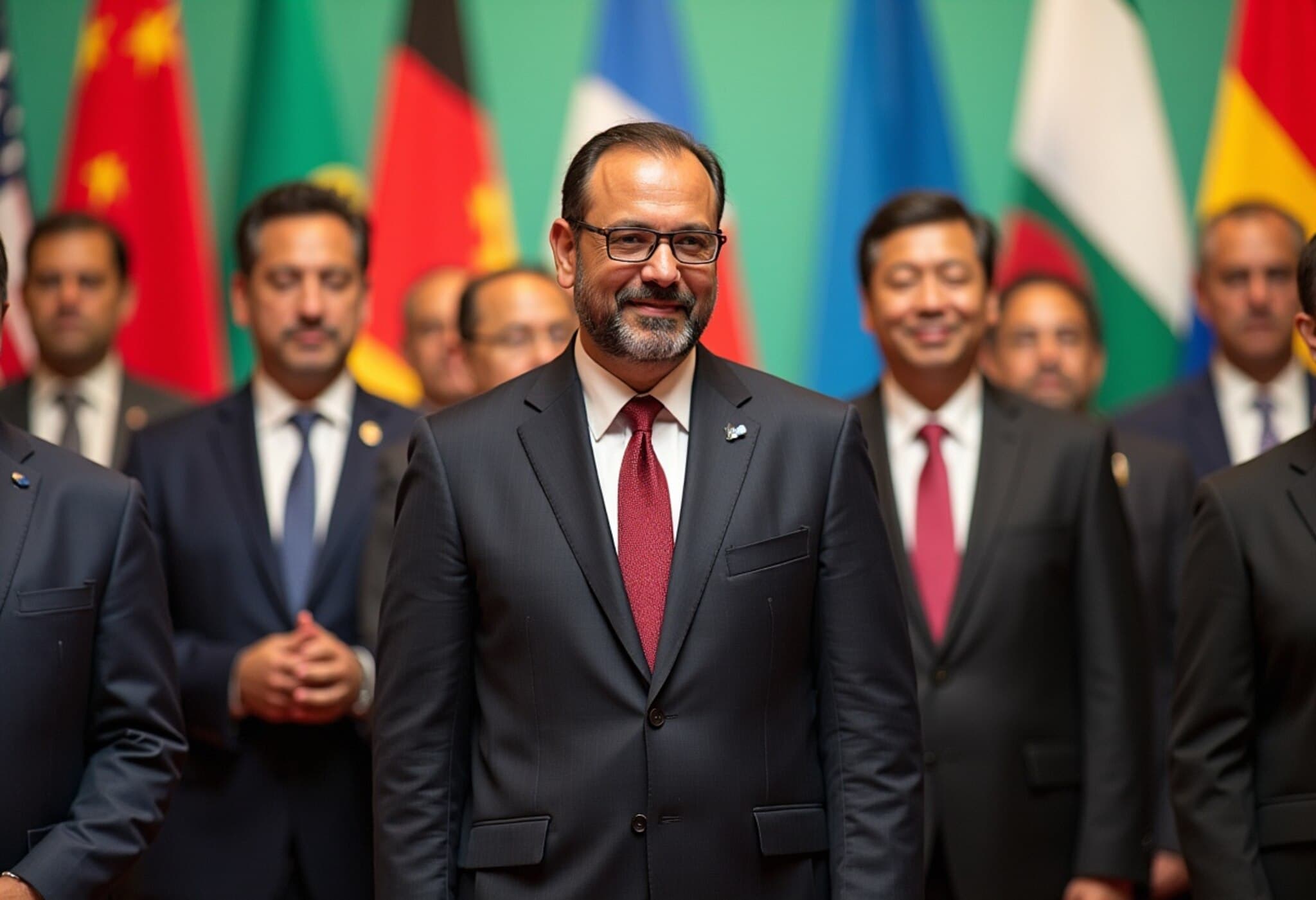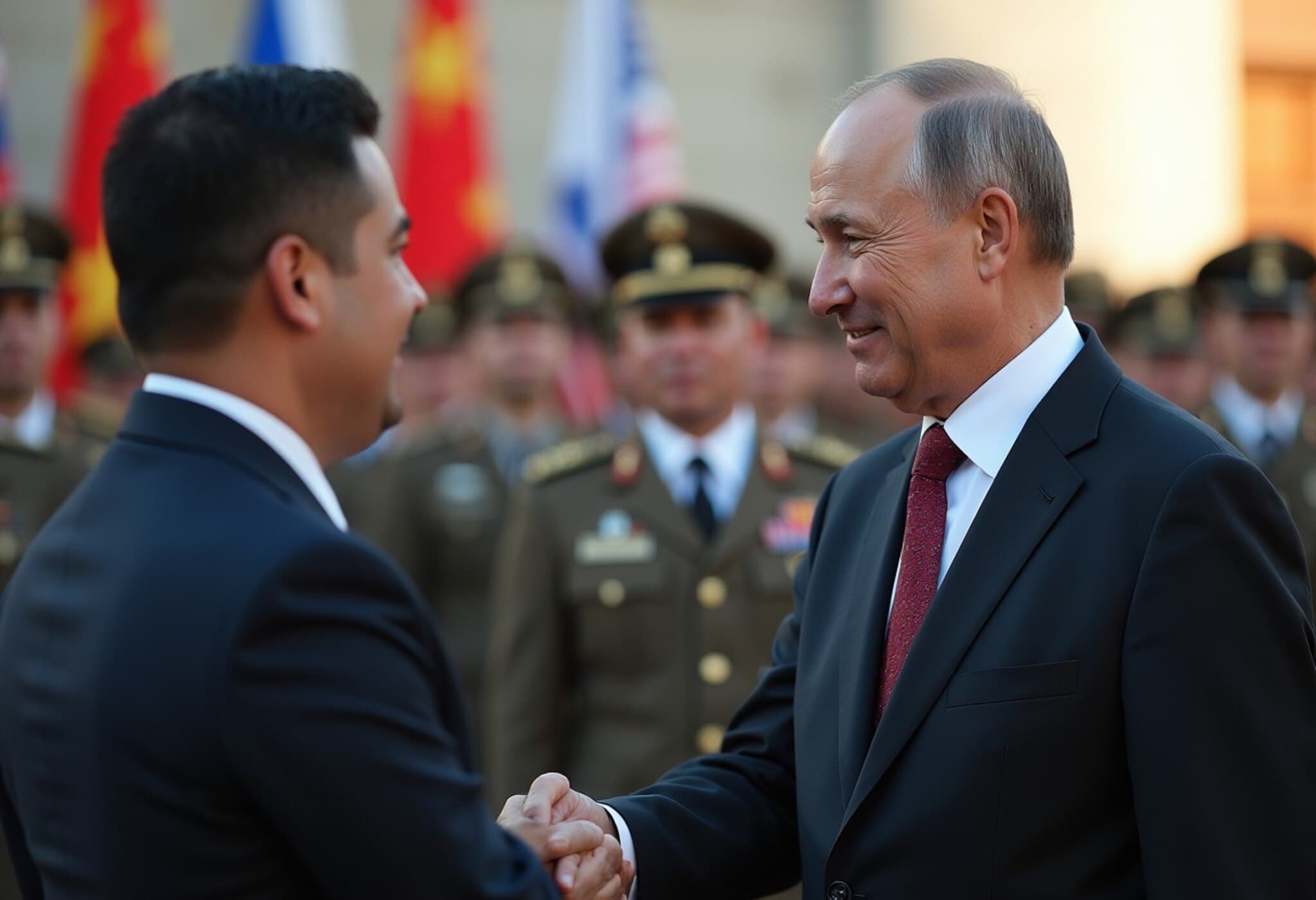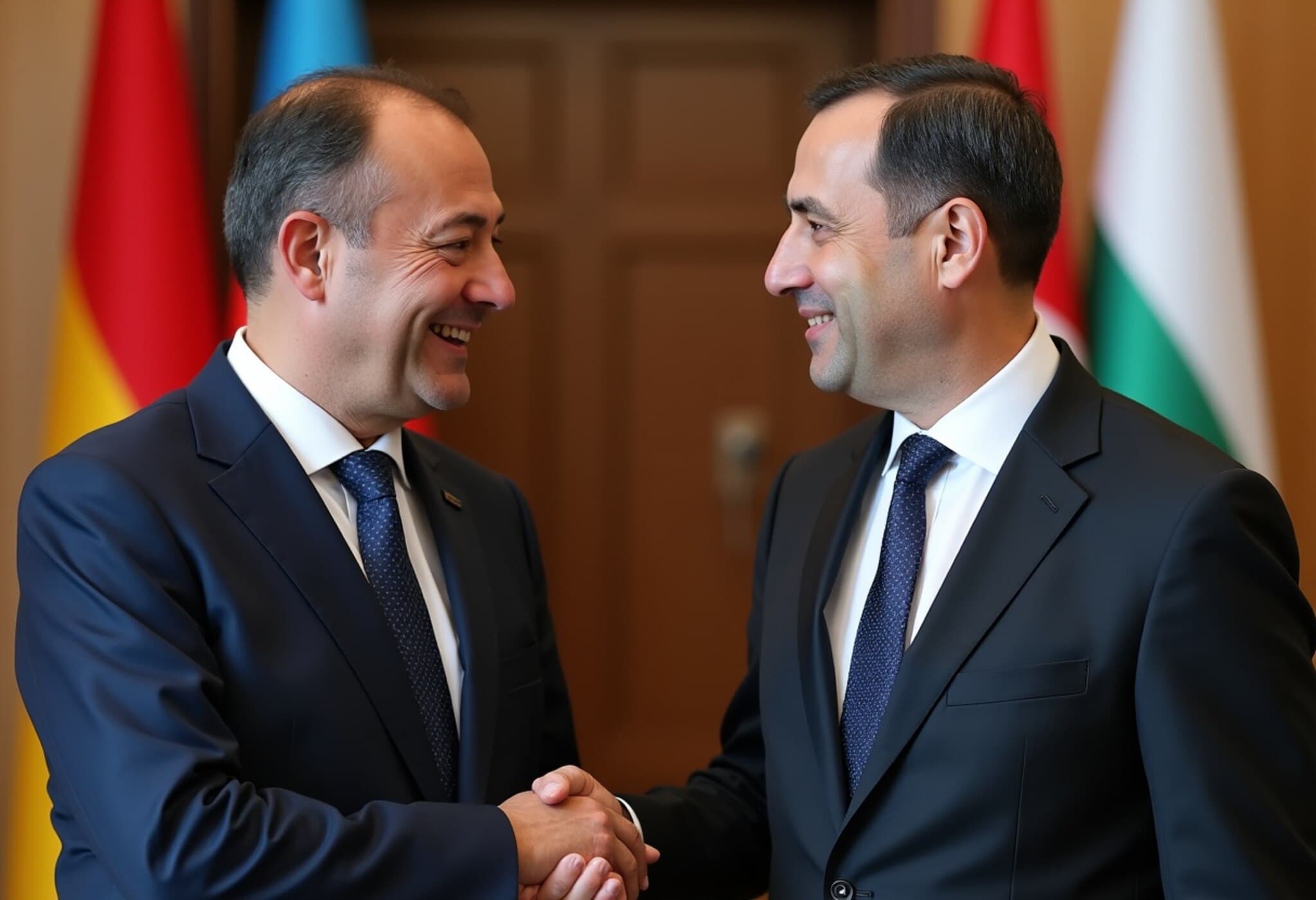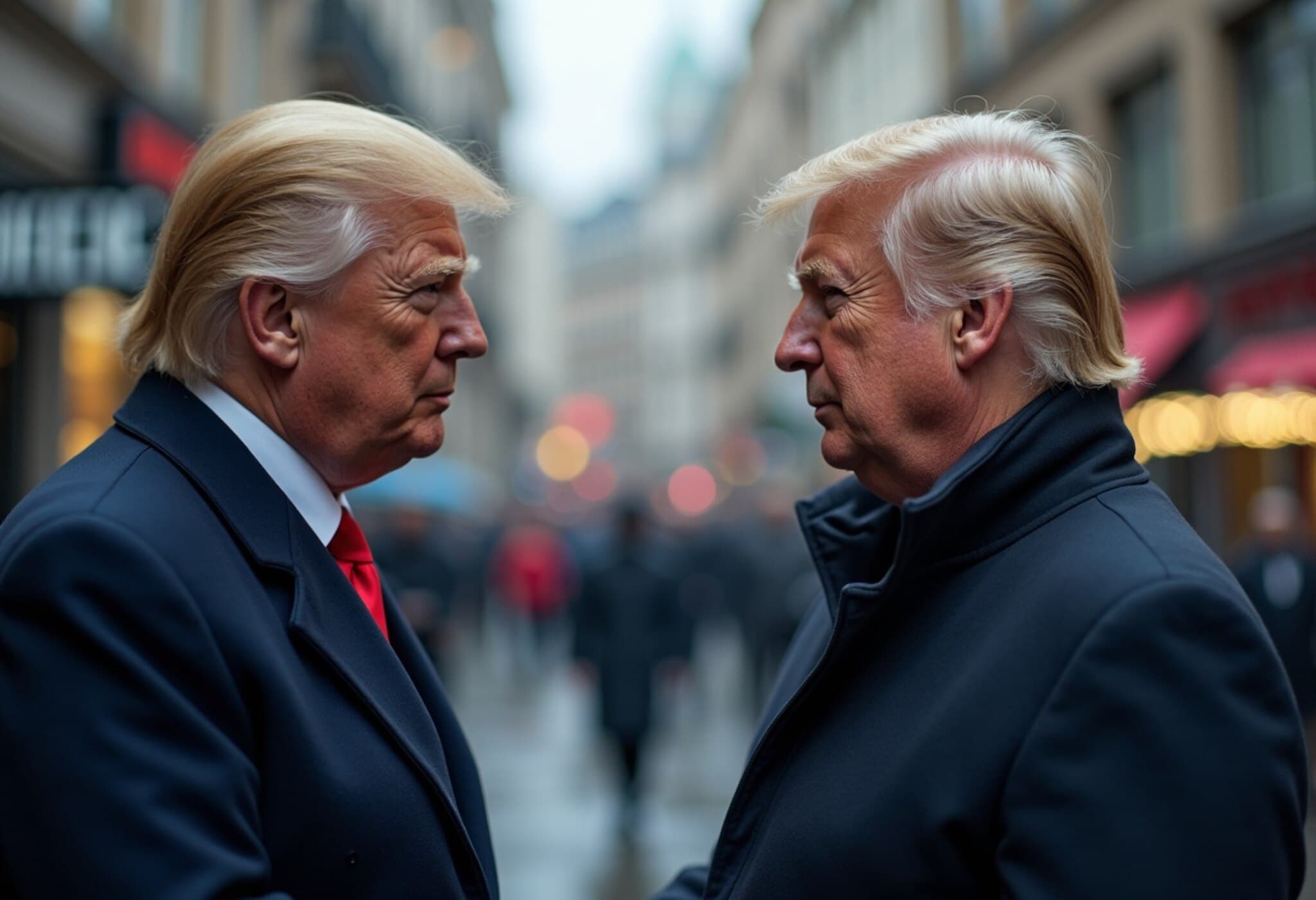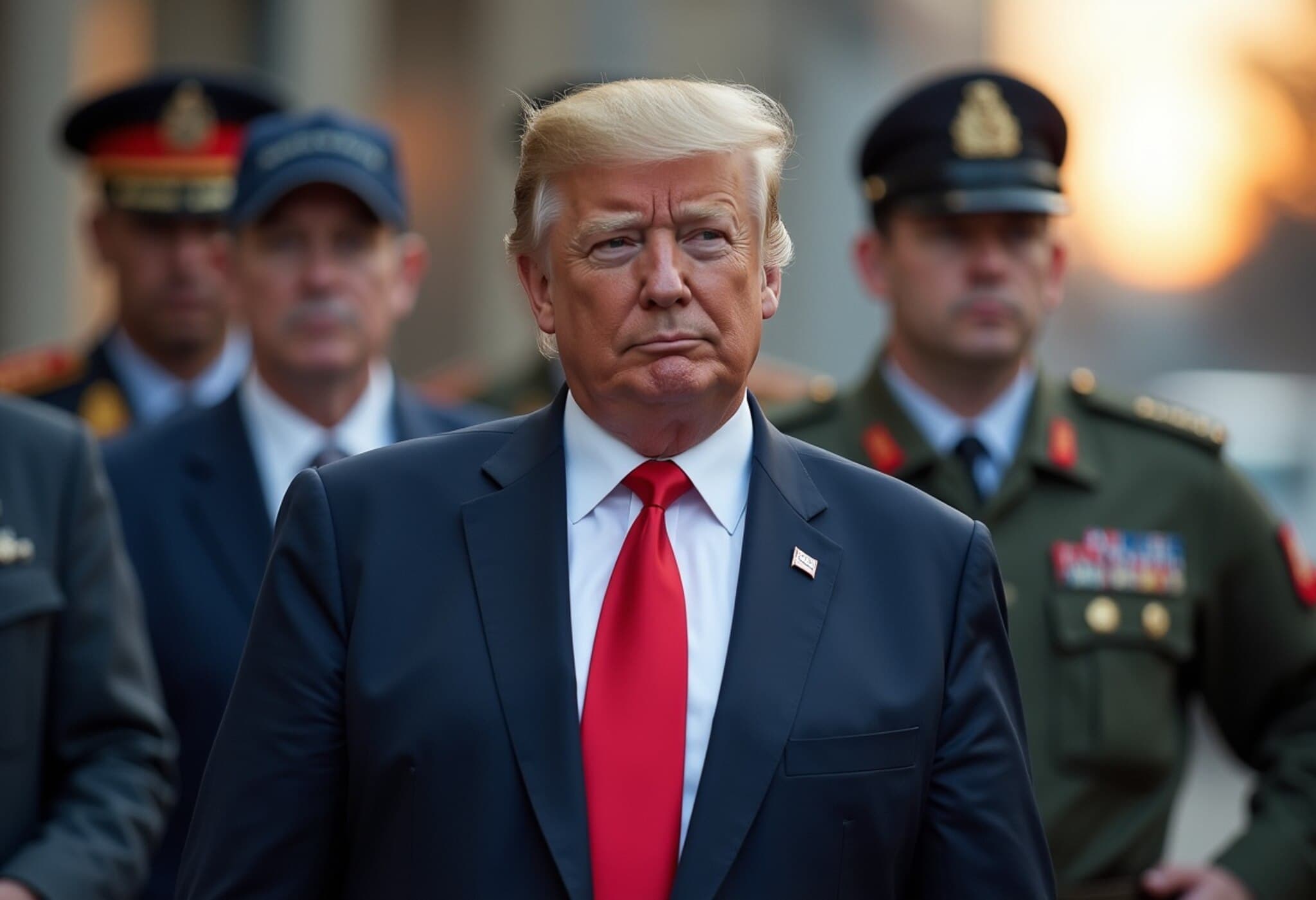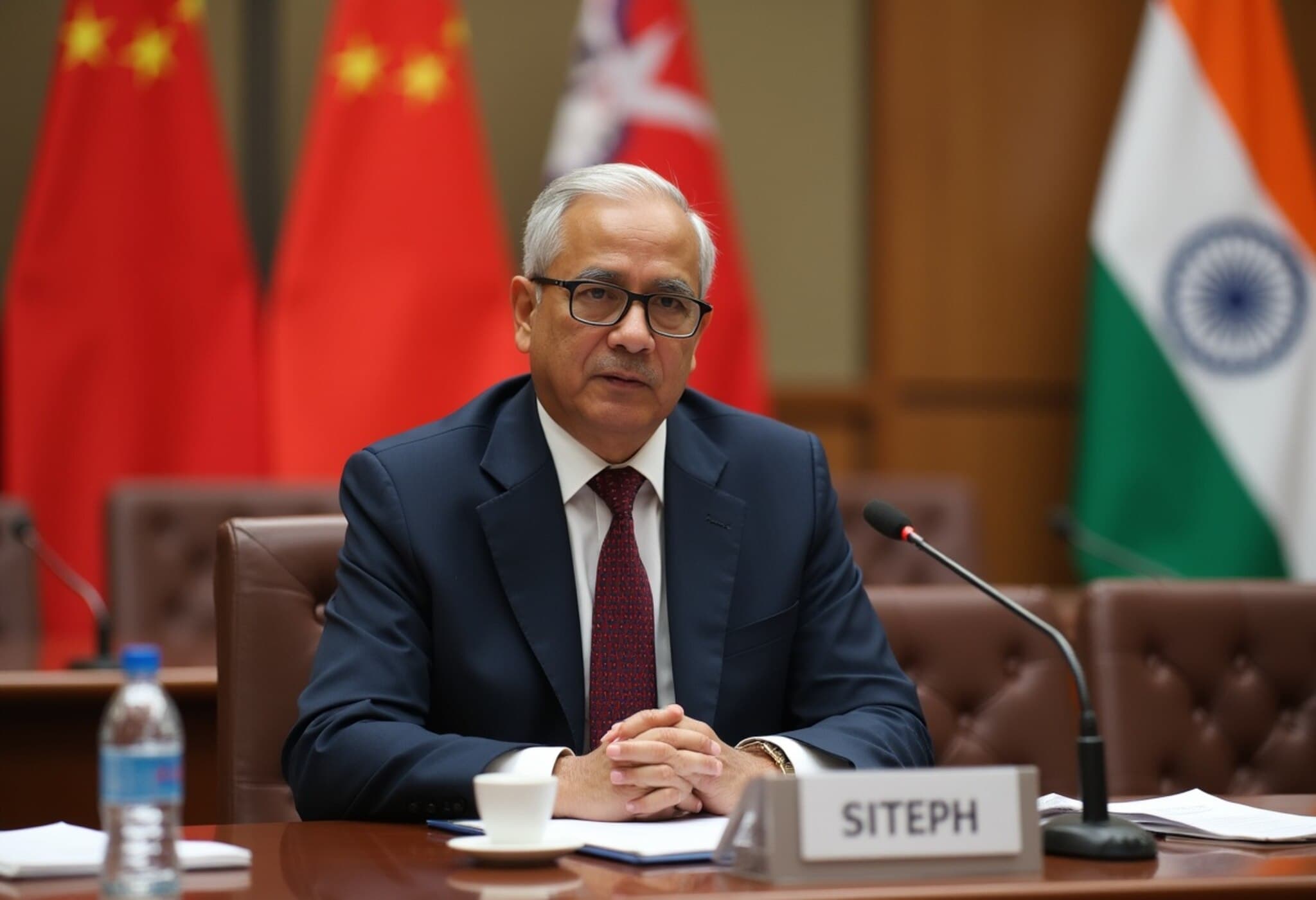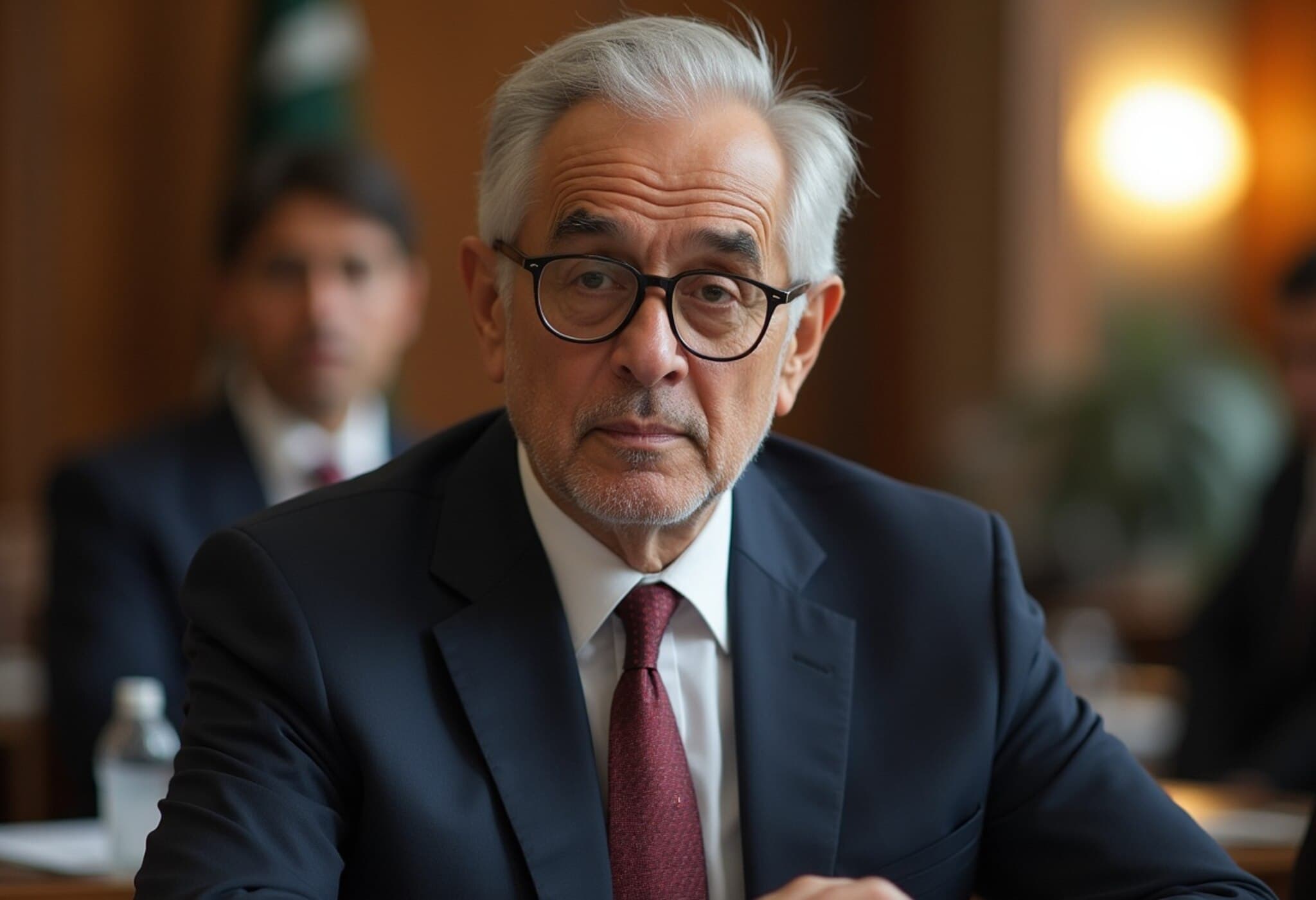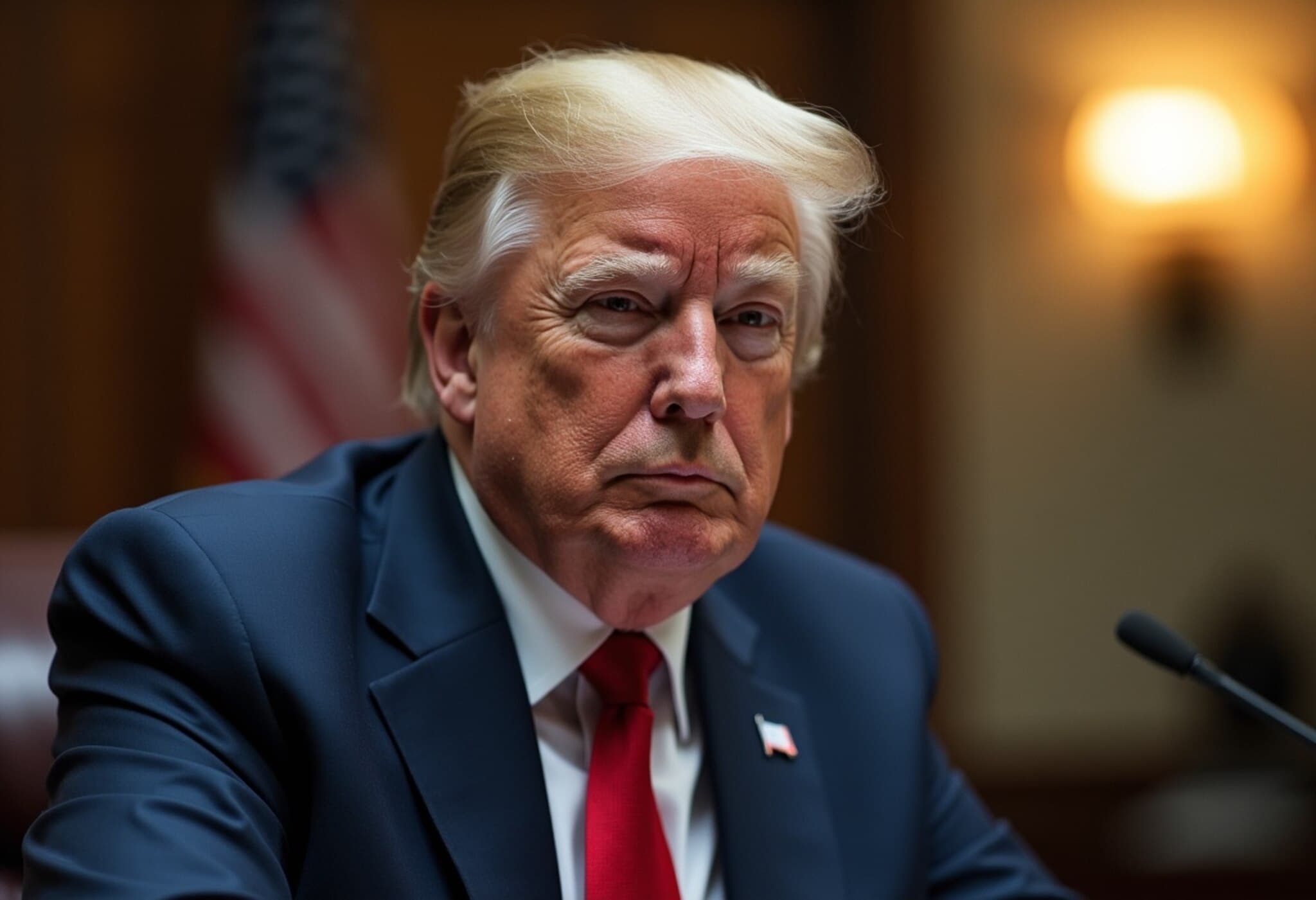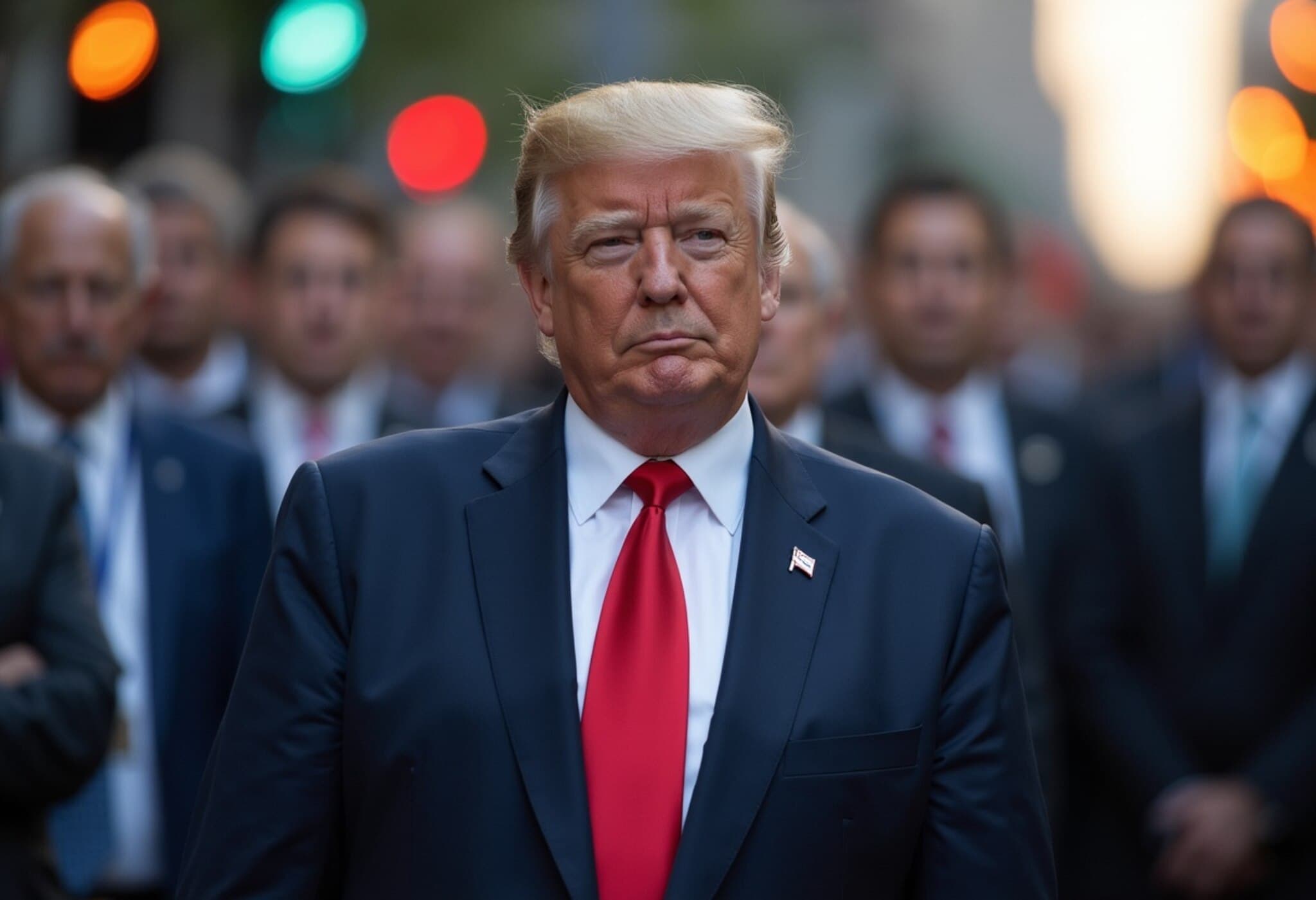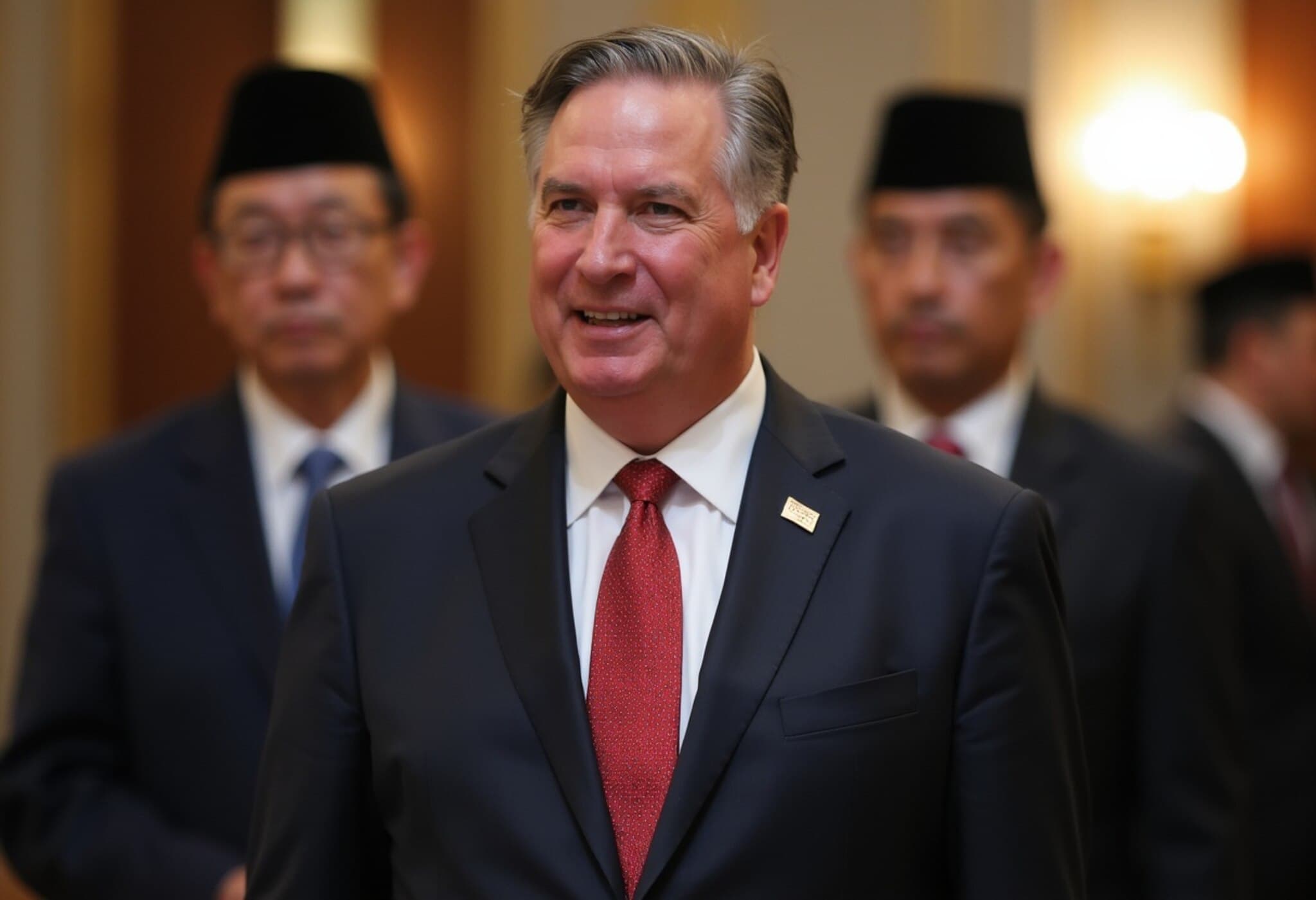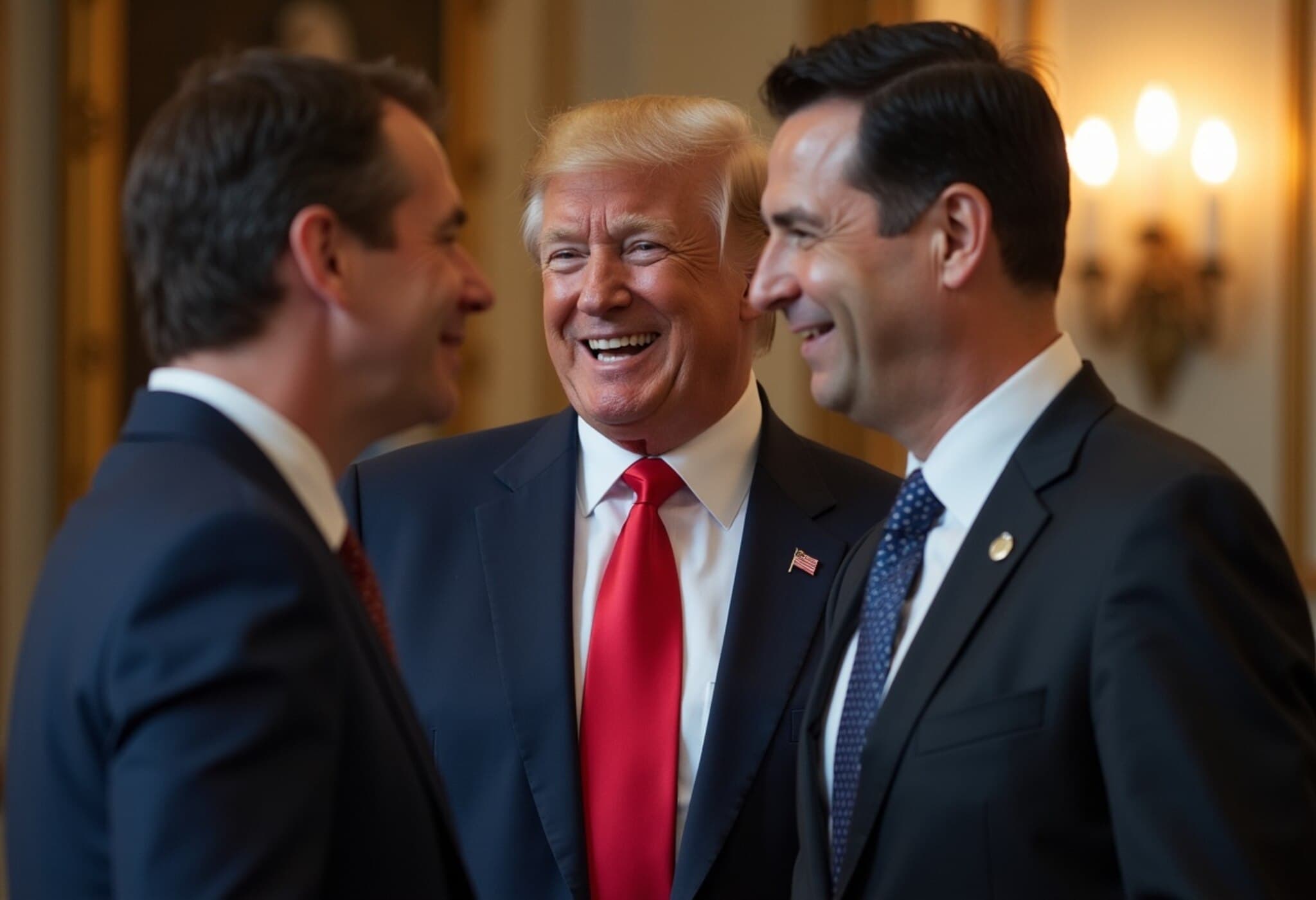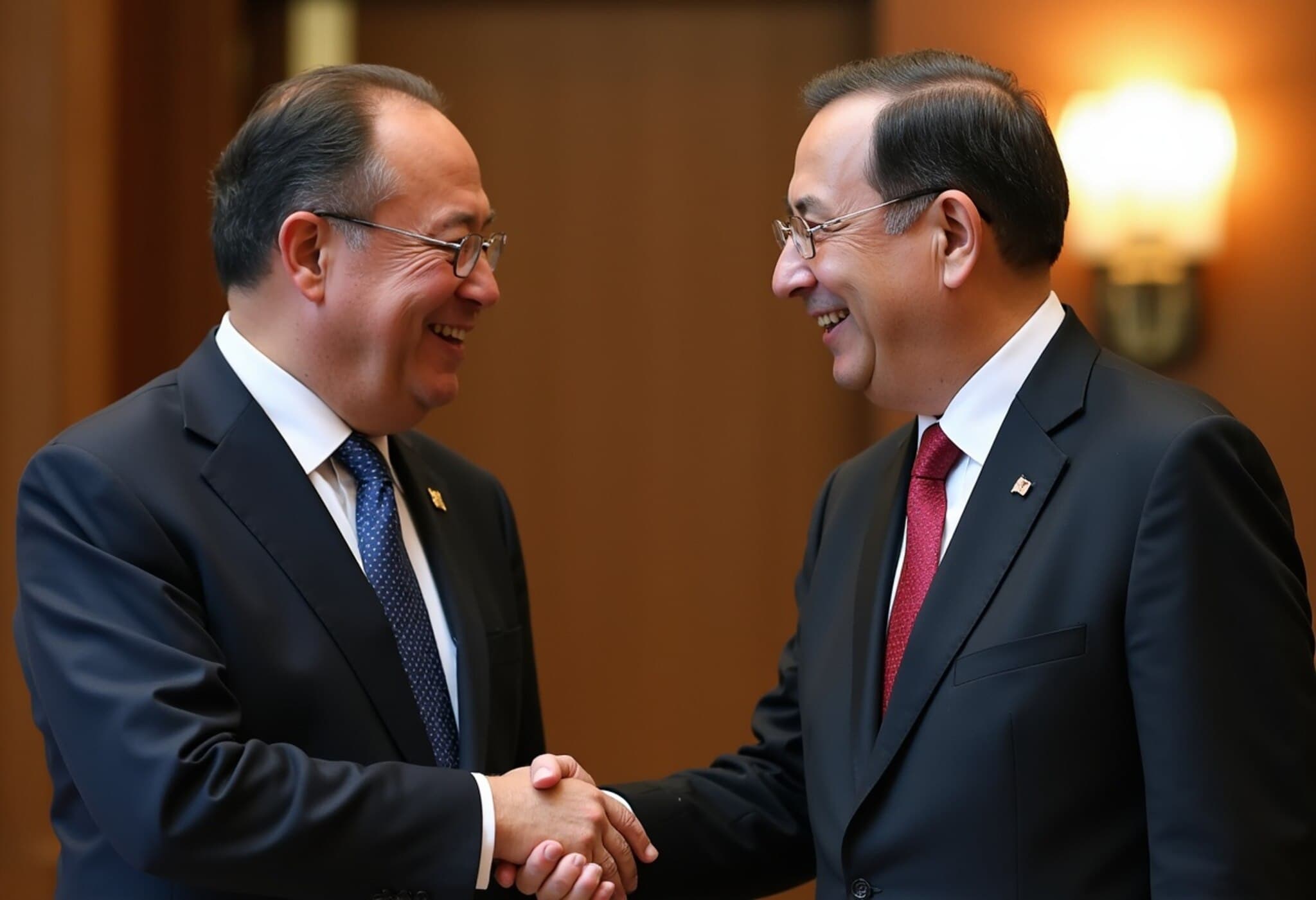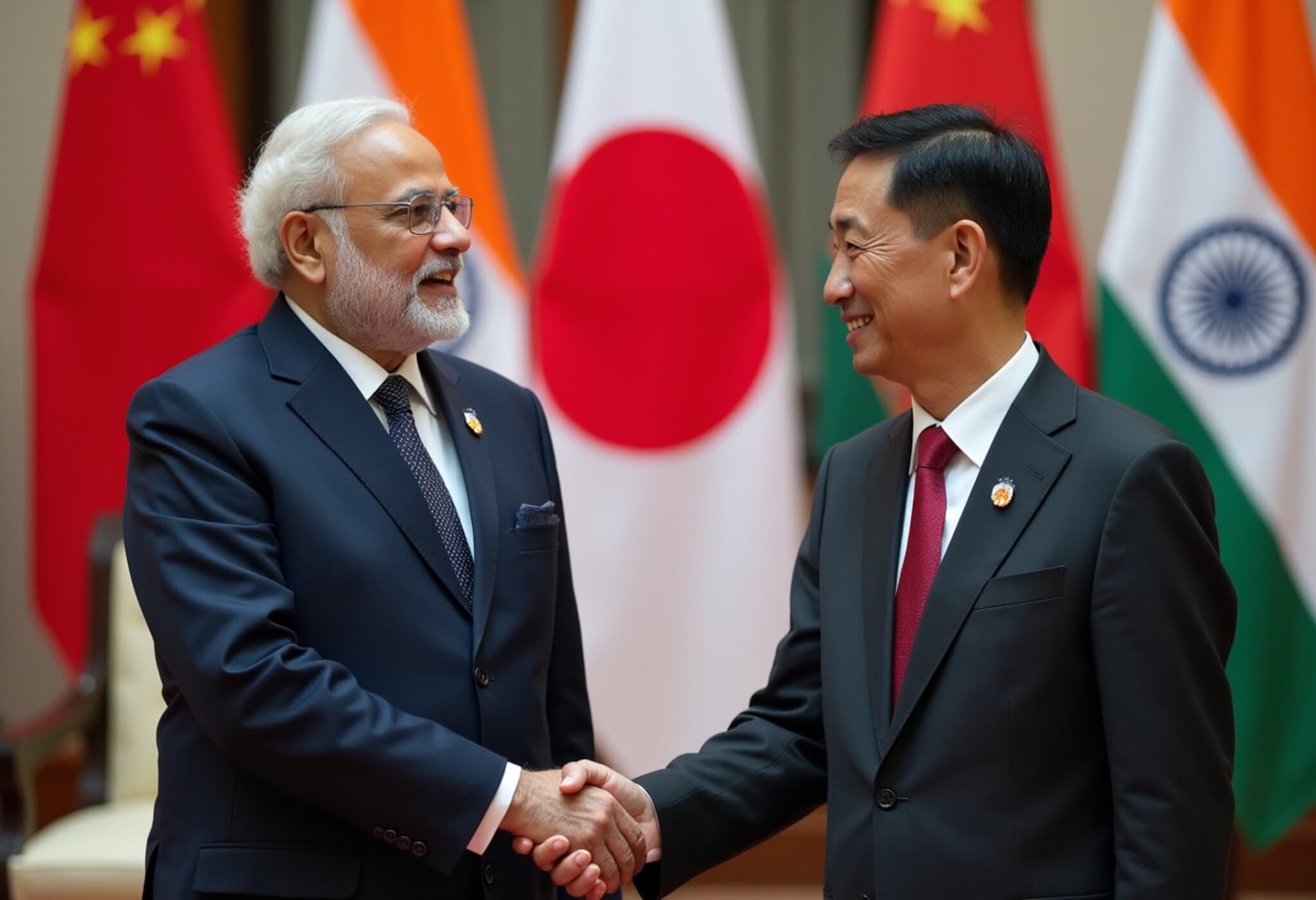Pakistan and US Reinforce Partnership Amid Renewed Diplomatic Engagement
In a significant move signaling a fresh chapter in South Asia’s geopolitics, Pakistan’s Deputy Prime Minister Ishaq Dar and US Secretary of State Marco Rubio engaged in a pivotal telephonic conversation on August 4, 2025. The discussion highlighted an array of bilateral and regional issues, including a landmark trade agreement aimed at deepening economic cooperation between the two nations.
Strategic Dialogue Reflects Growing Bilateral Momentum
The exchange between Dar and Rubio comes at a time when relations between Islamabad and Washington are gradually warming after a period of relative estrangement. Islamabad’s foreign ministry confirmed the call, noting it encompassed discussions on trade, regional security, and other international concerns. Both leaders pledged to maintain close contact and continue collaborative efforts on shared interests.
This diplomatic outreach follows increased US involvement in South Asian peace dynamics, notably after President Donald Trump claimed to have facilitated a ceasefire between Pakistan and India during their brief but intense military conflict in May 2025 — a claim New Delhi promptly denied, asserting the truce was a bilateral agreement reached independently of US mediation.
Landmark Trade Deal: A Cornerstone for Economic Revival
Last week, Pakistan announced the finalization of a major trade treaty with the United States, aimed primarily at reducing tariffs and promoting bilateral commerce. Complementing this, Washington revealed plans for a robust partnership to develop Pakistan’s vast oil reserves. Together, these initiatives represent an ambitious attempt to invigorate Pakistan’s economy through strategic foreign investment and sustained commercial engagement.
Economic experts view the trade agreement as a cornerstone for Pakistan’s efforts to recover from prolonged economic challenges. Persistent resource shortages and fiscal constraints have spurred Islamabad to actively seek foreign direct investment, especially from major trade partners like the US, which remains Pakistan’s largest export market.
Trade Figures Illustrate Growing Economic Ties
- Pakistan’s exports to the US reached $5.44 billion in FY 2023-2024.
- Between July 2024 and February 2025, exports grew by approximately 10% year-over-year.
- Key sectors benefiting include textiles, agriculture, and emerging energy collaborations.
This renewed economic engagement happens against the backdrop of shifting global supply chains and intensifying competition among regional powers to secure strategic partnerships. From a US policy perspective, reinforcing ties with Pakistan aligns with broader objectives to stabilize South Asia, counterbalance Chinese influence, and promote regional economic integration.
Underreported Perspectives and Critical Questions
While the spotlight has been on trade and oil development, less attention has been given to how this rapprochement will affect ongoing regional conflicts and human rights concerns within Pakistan. Experts caution that economic cooperation, while critical, must be accompanied by sustained diplomatic dialogue on governance, security reforms, and counterterrorism efforts.
Additionally, the role of Congressional actors like Senator Marco Rubio underscores the intersection of domestic US politics and foreign policy imperatives, hinting at bipartisan interest in South Asia’s stability.
Expert Insight: What This Means for the Future
Dr. Ayesha Khan, a South Asia economic analyst at the Brookings Institution, notes, “This renewed US-Pakistan engagement is promising for economic recovery and regional stability. However, success will hinge on sustained implementation of reforms and transparency in trade and energy projects.”
From the US vantage point, fostering a reliable partnership with Pakistan could prove instrumental in counterterrorism cooperation and checking regional disruptions that reverberate globally.
Conclusion: A Diplomatic Reset with Promising Opportunities
The telephonic dialogue between Ishaq Dar and Marco Rubio marks more than routine diplomatic contact; it symbolizes a pragmatic reset and mutual recognition of strategic interests. As Pakistan navigates a challenging economic landscape, its collaboration with the US brings crucial financial lifelines and opens avenues for broader geopolitical cooperation.
Pakistan and the US appear poised to deepen their multifaceted partnership, blending economic incentives with strategic diplomacy. Readers should watch closely how this evolving relationship influences broader South Asian stability, trade flows, and energy security. The balance of economic recovery and political reform will determine if this renewed cooperation can deliver lasting, equitable benefits to the region.

